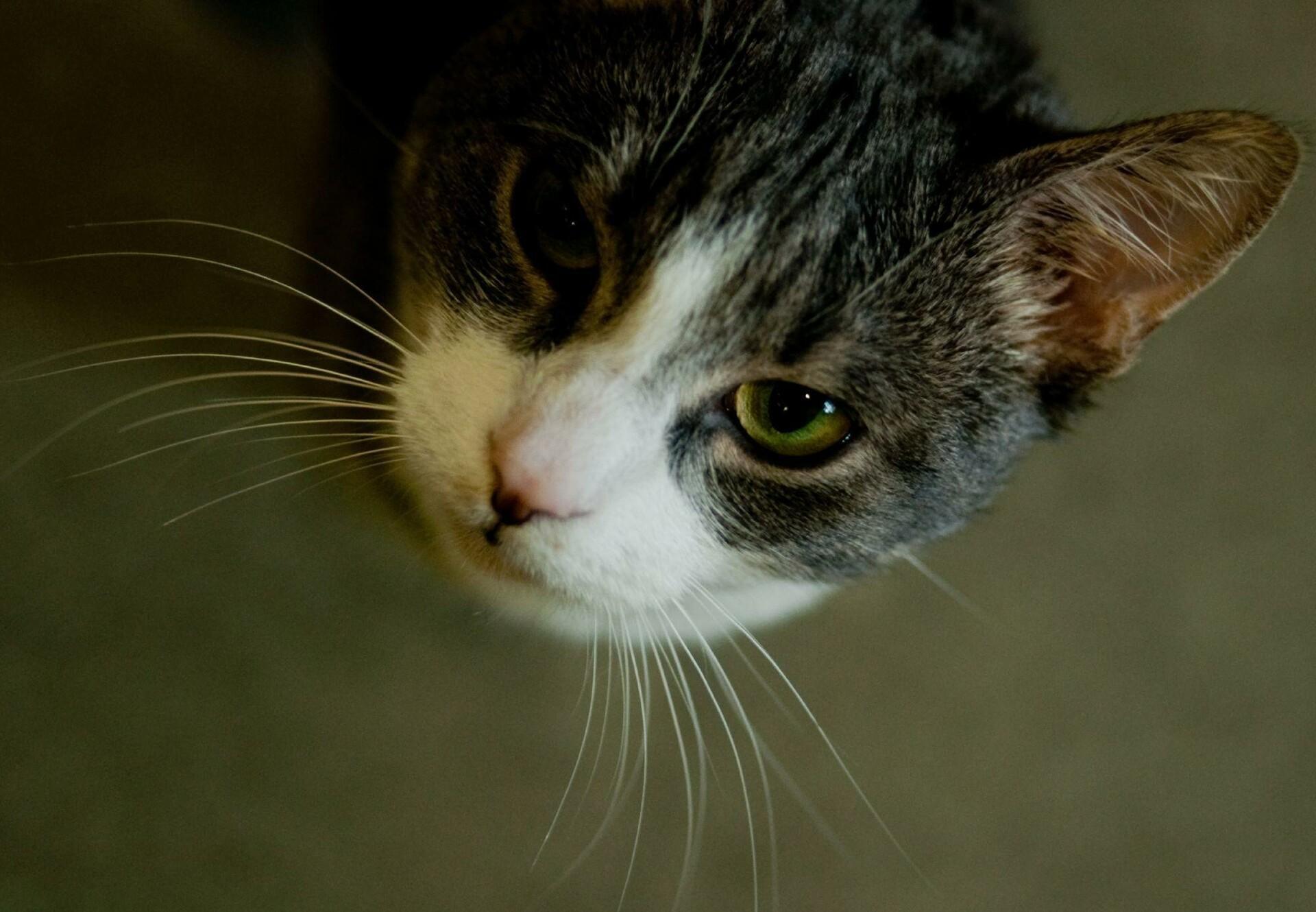
Getting a cat?
Things to consider before getting a cat
“I want a cat because I don’t have enough time for a dog.” This attitude should never form the basis for deciding to become a cat owner! The two species differ as pets not because of the amount of time they require but because of the fundamental differences in their behaviour and hence in their care requirements. We might think of cats as soft and cuddly because of the way they look and behave but we should never forget that they are extremely free-spirited and independent. However, freedom does not necessarily mean a life without humans. Cats enjoy human contact, being stroked and cuddled, and of course, being fed. But unlike dogs, cats view people as being one element in their lives rather than the epicentre. What counts a lot more for them is the quality of their surroundings. By nature, cats are explorers that need a great deal of variety.
Checklist
- Pedigree cats: before obtaining a pedigree cat produced by extreme breeding, take a step back and think it over. Any breeding programme designed to produce a pronounced change in the animal’s natural appearance or behaviour will have a negative impact on its overall well-being. But even when extreme breeding is not involved, we advise against acquiring a pedigree cat. Given the large number of unwanted kittens born year after year, all in need of a home, there can be no good reason from an animal-welfare perspective for breeding still more, who will then go to the front of the queue simply because they happen to look pretty.
- Male or female: when getting a cat, gender is not the pivotal factor in determining whether you and your pet will be able to coexist. Male or female, it should definitely be neutered, even if you plan to keep it indoors. As regards personality, there are no across-the-board differences between genders – every cat is an individual.
- Open spaces or home comforts: outdoors, a cat can spend hours investigating unfamiliar scents, marking out it's turf and hunting. Even if allowing it to range freely also involves some risks, this remains the most natural way to keep a cat, and its quality of life will be a great deal higher than that of an indoor cat. If your housing situation makes it simply impossible for your cat to roam free, then as its owner, you will have to think about how you can structure its living environment so as to provide stimuli and opportunities to keep the cat busy.
- Accommodation: a cat is a territorial creature, so moving to a new habitat constitutes a major adjustment. As such, neither your job nor your private living circumstances should require constant changes in the locality. When getting a pet, you also have to plan ahead in terms of your housing situation. A cat that has grown accustomed to living in a house with a garden will find it difficult to deal with moving to a flat.
